Acupuncture Explained is where we explore the similarities and differences between Traditional Chinese Medicine (TCM) and Western medicine, focusing specifically on how acupuncture can have a variety of effects on the human body.
We previously explored what acupuncture is and how it can help you, as well as what kind of person is the ideal candidate for acupuncture, co-authored by Dr. Evan Pinto.
READ MORE: Acupuncture Explained: What is It & How Can It Help You
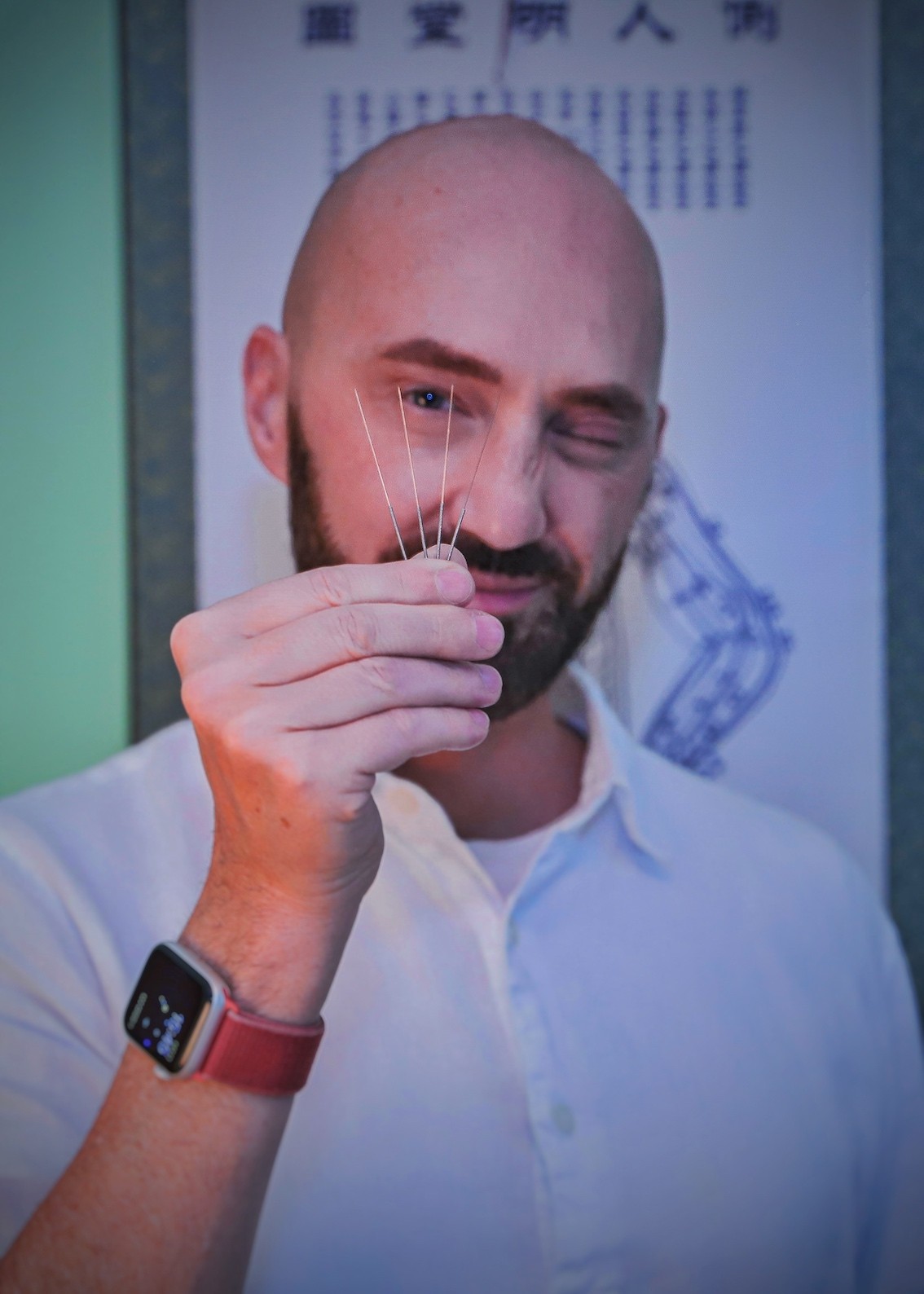
A Doctor of Acupuncture and Chinese Medicine, Dr. Evan is a licensed acupuncturist and board-certified herbalist.
A native English speaker from the USA, he received an integrative TCM/biomedical education at Pacific College of Health and Science in New York City, earning Master’s and Doctorate degrees, and has lived and worked in private practice in Shanghai, China since 2012.
He has a slew of accolades: teaching at SMIC Institute of TCM in Manila, Philippines; Shanghai University of TCM; interning at Shu Guang Famous Doctor Hospital in Shanghai; studying at Beijing Traditional Medicine Training Center of the World Federation of Acupuncture and Moxibustion Societies (WFAS); working at the Veterans Affairs Hospital in NYC... and the list goes on.

He has also co-authored a series of vegetarian cookbooks based on TCM nutritional theories with Kimberley Ashton, the former owner of Shanghai’s Sprout Lifestyle restaurant and cooking school. The Qi Food Therapy books are available for purchase at www.qifoodtherapy.com.
Dr. Evan focuses on the integration of Chinese medicine with Western biomedicine in treating conditions caused by stress, anxiety, trauma, addictions and nutritional habits, as well as sports injuries, gynecological issues, chronic conditions and emotional sensitivity.
In this one-on-one interview with Dr. Evan, we are taking our examination further with a deep dive into the specifics of acupuncture in practice.
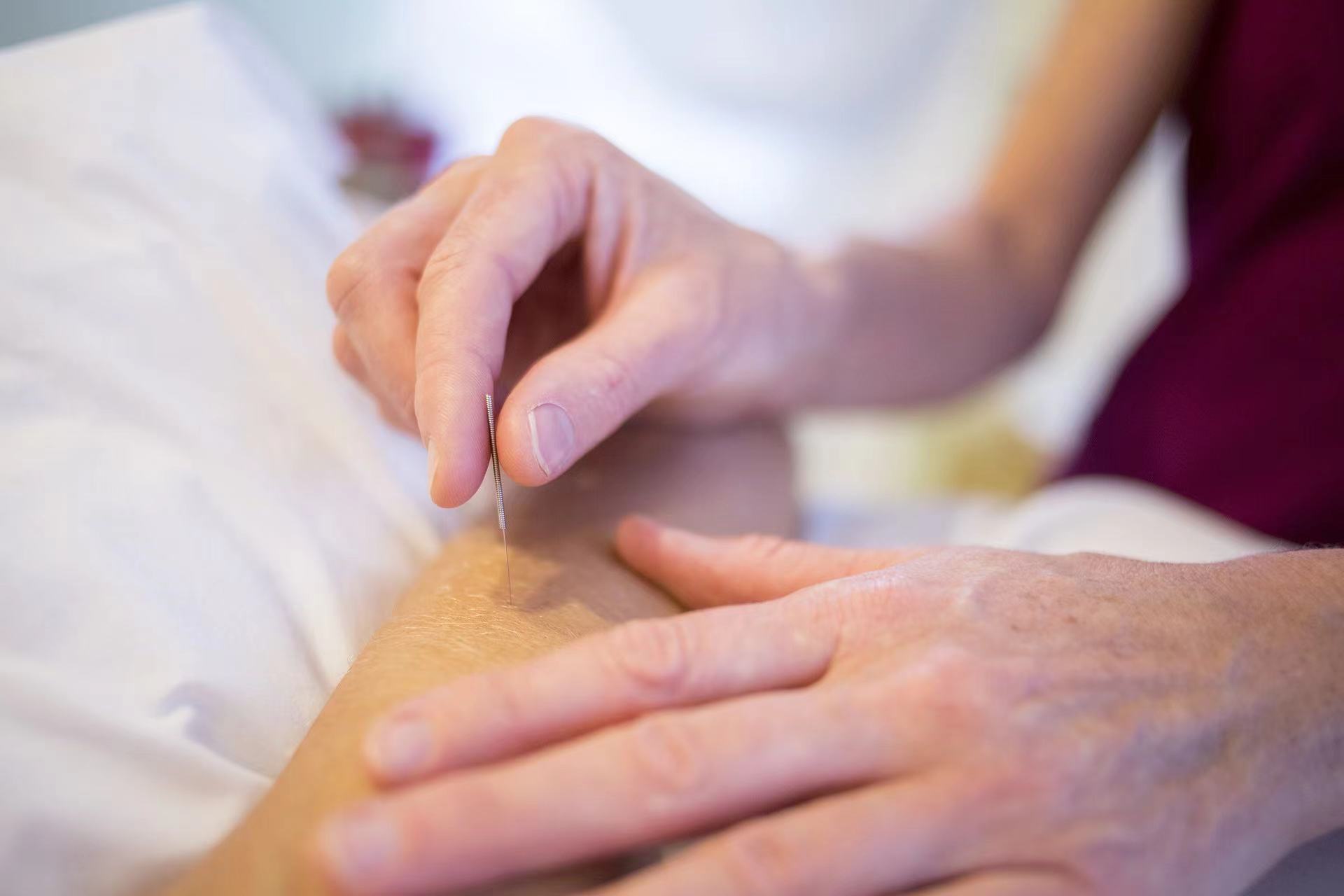
How did you first get into acupuncture and Traditional Chinese Medicine (TCM)?
When I was younger, I was a dancer and soccer player. I had a lot of injuries, and Western medicine would help a bit but never got rid of the problem completely. As I got older, I stopped dancing, so I began running more.
Eventually, I developed knee issues, and, one time, I woke up in the morning and my knee was completely frozen; I couldn’t move it. I went to see a physical therapist, and she was fantastic – humble yet confident – and the rehab program she designed for me was perfect.
At that time, I also happened to be not so happy with my current office job. Switching from "showbiz” to a new, more “normal” career was confusing, and I wasn’t fully clear on what I wanted.
All the energies of the universe seemingly aligned at that time, and I realized I wanted to do what she did – work with the body, help people, be in a respected profession, all while remaining active and not just sitting at a desk all day.
As I researched what it would take to become a physical therapist, I found that acupuncture was a more Chinese philosophy-style of physical therapy, so I went to school for that instead.
Let’s back up here to explain my life-long affinity for Chinese culture.
It all began with my grandfather, a military man in the USA, who was stationed at the White House during the 1950s-70s. He came to China with President Nixon, met Mao Zedong and many other Chinese leaders.
When he returned to the USA, he had nothing but positive things to say about his experience in the beautiful country that is China. As a kid, I absorbed all of these stories, and felt a connection to China, despite the fact that I had never personally gone myself.
As I grew older and watched Western media news, I noticed that the opinion towards China wasn’t always positive, even though this greatly differed from what my grandfather had told me. I struggled to trust Western news outlets on their views about China, vowing to go myself one day.
Meanwhile, I also got more interested in Taoism and Buddhism during this time, which coincided with the release of the movie The Last Emperor when I was in high school; a movie that won many awards and drew public attention towards the East.
All of this together reinvigorated my curiosity in China, which culminated in me deciding to consider a career with a China focus.
Jumping back to my studies, I went back to undergraduate school and got a bachelor’s degree from The New School for Social Research in Manhattan in 2002-2005, a prestigious university that combines Parson’s School of Design (original home of reality TV series Project Runway), Eugene Lang College of Liberal Arts, and the College of Performing Art (former home of James Lipton's Inside the Actors Studio TV program), among others.
I received my Bachelors, with a focus on Asian studies and then moved to China for a year in 2006 to experience the culture first-hand.
In 2007, I returned to New York to attend Pacific College of Health & Science for my Masters and Doctorate degrees, where I graduated as a Doctor of Acupuncture and Chinese Medicine.
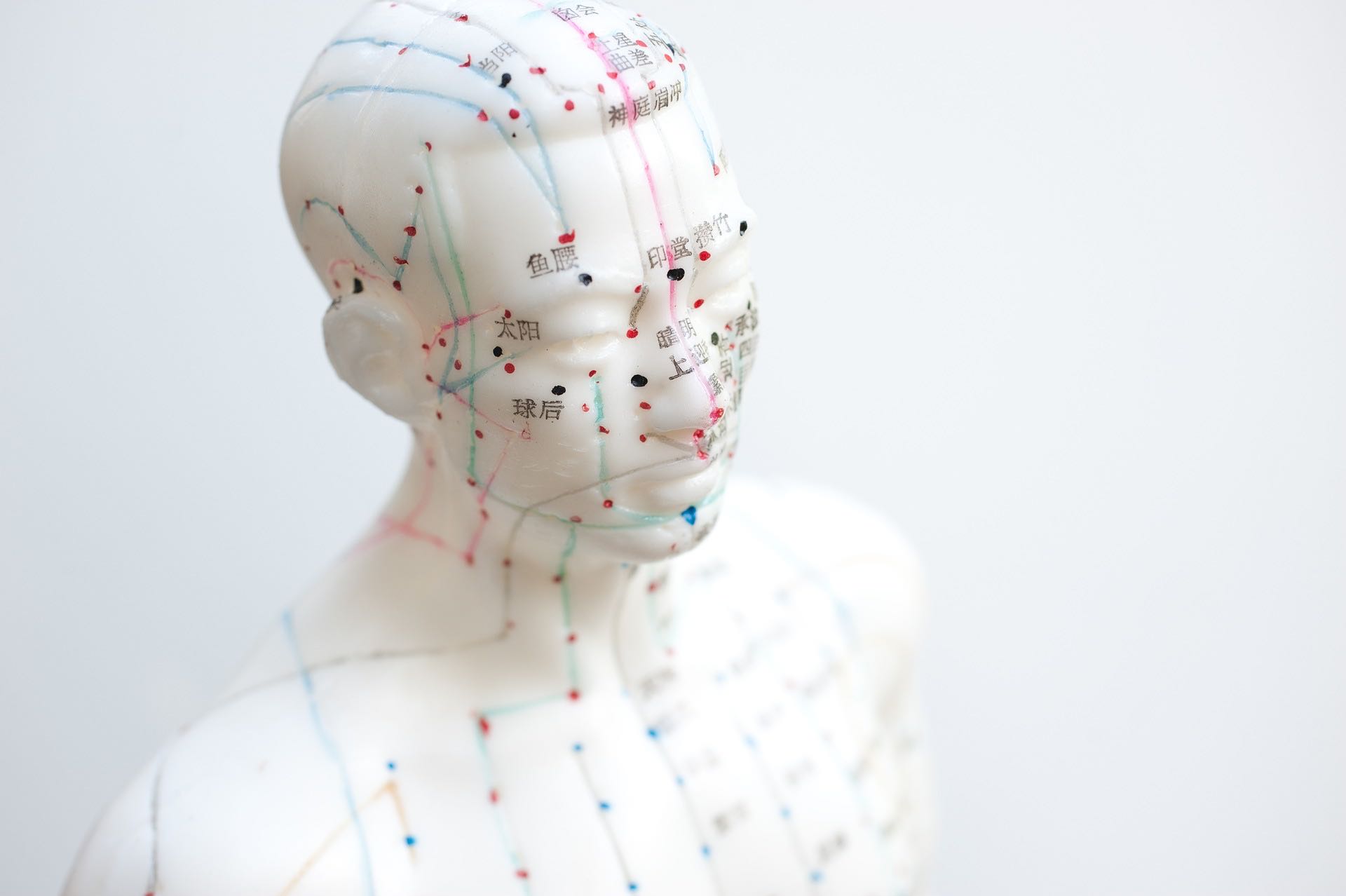 What about acupuncture specifically drew you in?
What about acupuncture specifically drew you in?
I practiced Buddhism and Taoism, and once I started to study the medicine and saw how it applies within a holistic lens, I felt an instant connection. The concept of bio-individuality – treating a patient as if they are the only one dealing with these challenges – became very apparent and applicable to me.
On one side, Taoism is about self-improvement within the whole natural system of the universe – tweaking numerous things at the same time to become more in harmony with one’s environment.
On the other side of the spectrum, Western philosophy is seen as separating the individual from the rest of the world by finding and isolating the one thing that’s wrong and treating only that in order to fix the issue.
For example, with treating SARS-COVID-19 according to a TCM approach, Doctors in different locations like Singapore or Thailand had different methods for dealing with the symptoms than folks in Alaska, say. People living in a jungle climate can’t approach the issue in the same way as those living in dry arid cities, by the water, at high altitude, etc.
On the flip side, Western medicine treated everyone in all these different places in the same way. But as is the case for all ailments, especially autoimmune conditions – diabetes, psoriasis, asthma, etc. – it’s better to consider all input factors, like environment, location, food choices, and mental and spiritual health to align one’s Qi.
From my experience, success of outcome rates are higher with Chinese medicine than Western medicine alone.
Did you ever receive any backlash as a foreigner in China practicing TCM and acupuncture?
No, nothing serious. Mostly what happens when local Chinese people find out what I do, they are shocked or don’t quite understand and then they are “cute” about it – what I call “cute shock” – finding it interesting or unique.
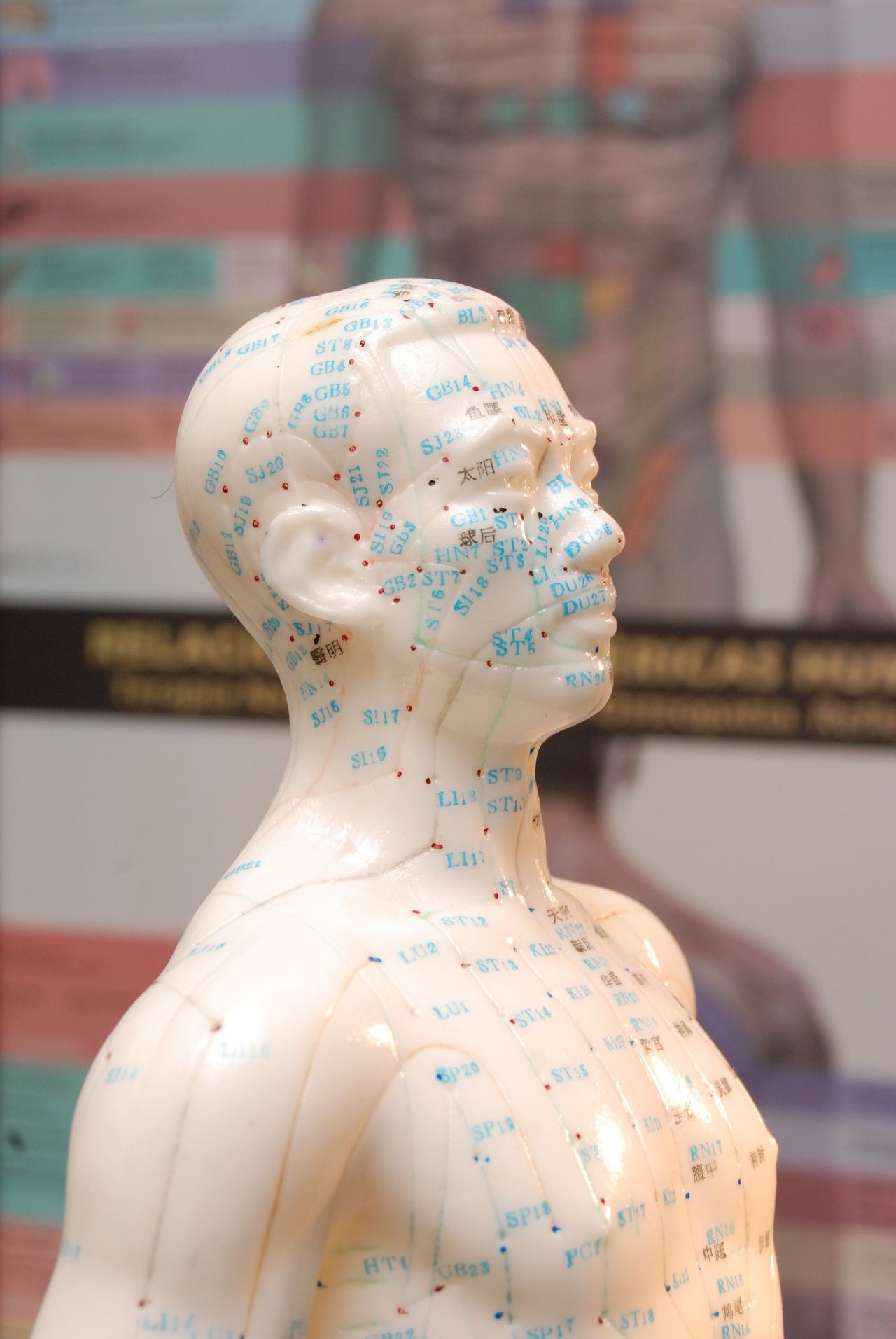
How do you see TCM as different than Western medicine? What are some of the benefits TCM offers over Western medicine?
A major part of the bio-individuality construct has to do with holism vs. separatism in medical theory.
Separatism is the idea that your hormones, enzymes, synapses, and neurotransmitters are all part of separate systems, and function independently without any influence from the others.
But Chinese medicine is holistic – dealing with physical, emotional and spiritual health together to find harmony between these three interrelated aspects of existence.
Think of it like this: In Western medicine, the doctor will take care of you physically; the therapist will take care of you mentally; and the clergy, rabbi or religious leader will handle your spiritual growth. These three providers are all separate and don’t communicate with each other about your symptoms and treatment plan.
But in TCM, it’s all together. Good Chinese doctors consider all three realms of existence – physical, mental and spiritual – that must work in harmony because each can impact the others.
In my own practice, my patient needs to tell me what he or she doesn’t like, and I’ll fix that; I respond to the patient’s needs and wants. It’s the patients goals not the doctor’s goals that drive the treatment.
Whereas in Western medicine, the blood tests, CT scans or MRIs tell the doctors what’s wrong and then the doctor fixes it; responding to the medical tests results, not the individual patient’s wants.
What is the number one misconception you hear about TCM?
That it’s a faith-based medicine, and you need to believe in it for it to work. I disagree; you don’t need to believe in Taoism or Buddhism for acupuncture to be effective, and numerous patients of mine have been successful regardless.
Some people also think it hurts – like how an injection or shot at the biomedical doctor’s office hurts – but the needles aren’t the same. Acupuncture needles are very thin, and they feel like less than a pin prick in most cases.
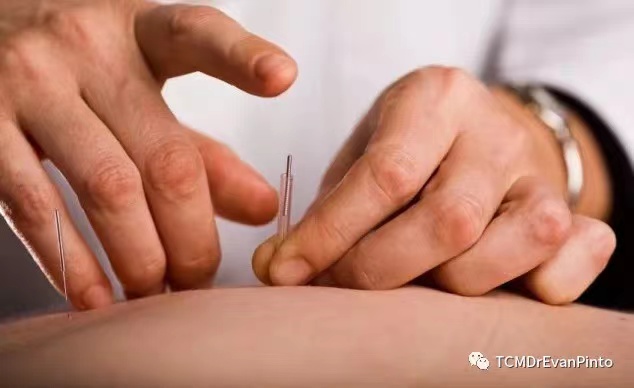
What are the main differences you’ve experienced with acupuncture patients in China and in the USA? Do they tend to visit you for the same reasons?
Because TCM is holistic, one of the three realms – physical, emotional and spiritual – can be more predominant.
For example, some people choose to do acupuncture for physical reasons – like pain management due to an injury; emotional reasons – like balancing mood swings; or spiritual reasons – having a clearer mind to guide decisions.
But, in China, the spiritual aspect has been pretty much removed because of governance philosophy, so most local patients come primarily for the physical side of things.
However, in America, many people who get acupuncture are more on a spiritual journey – they want to manage stress, balance their emotions, and make clearer decisions.
What are some of the most interesting cases you’ve worked on where acupuncture proved to be successful in a (somewhat) unexpected way?
Because my patient intake and conversational approach is so thorough, and I’ve been doing this for a long time, I avoid eliciting any shocking results or surprising revelations. So, no – no treatment outcome is unexpected.
However, the onion does peel in layers, so sometimes the patient realizes things and reports back to me their new perspective.
Over time, we shift between physical, emotional, and spiritual improvements at each session based on the discovery of benefits the patient notices following our acupuncture sessions.
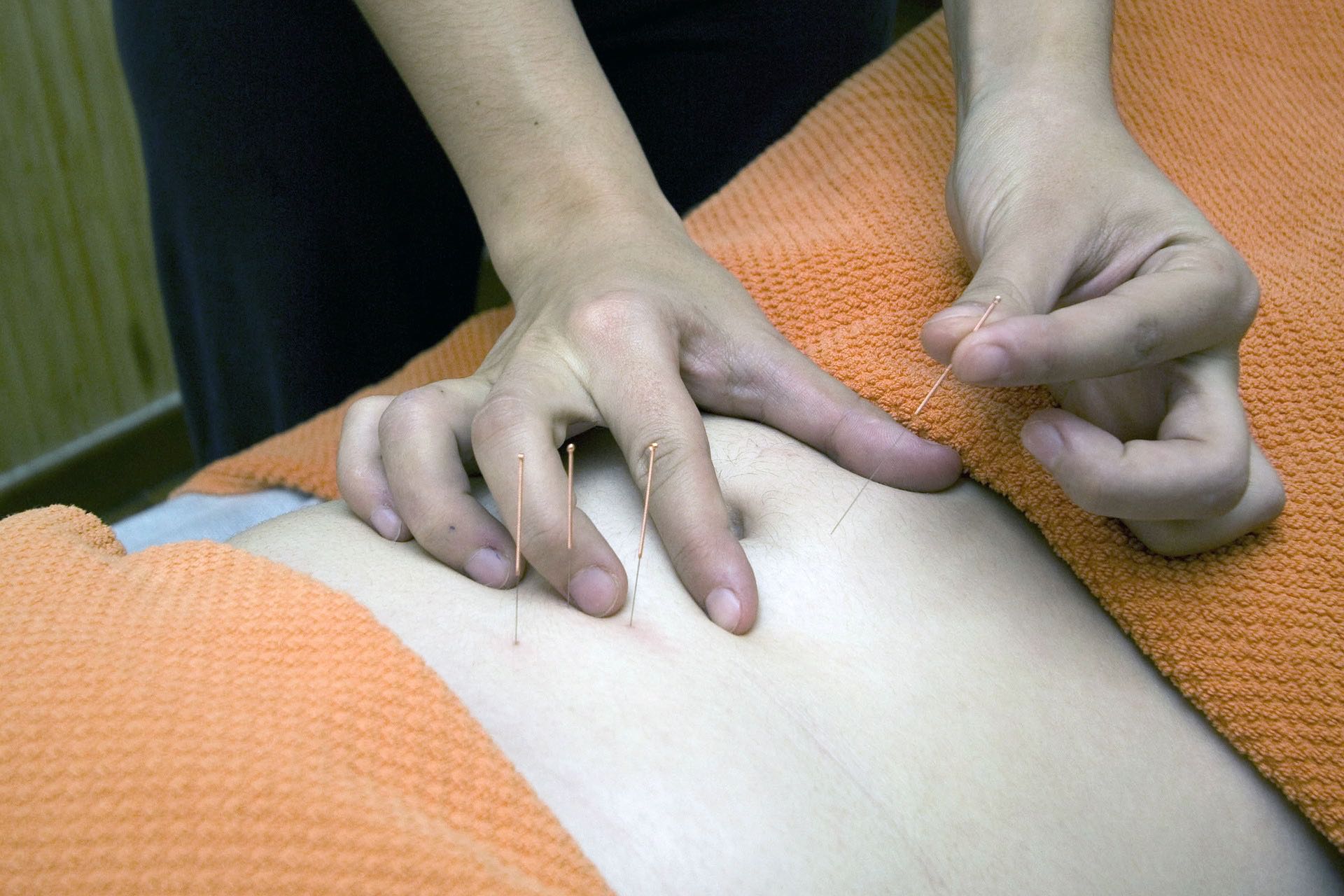
Have you ever had any negative acupuncture-related situations?
As an intern in New York, a patient I had successfully treated two or three times before began to give a lot of mixed signals at the beginning of a new session.
Before we started to do needling, the patient kept complaining of the possibility of pain even though I hadn’t really started doing anything yet, and finally, the patient decided to leave mid-session. It was quite confusing to us.
Then, the next day, the patient’s mother called and wanted to sue the school. Luckily, I had another intern in the room with me when this whole experience happened to back up my account of the incident, and ultimately it was revealed that the patient and her family were trying to get malpractice insurance money – the case was eventually dropped.
So, I’ve never had acupuncture cause any serious problems to patients; I’ve only had people trying to cause problems as a way to make money.
We heard that you’ve even performed acupuncture on your paralyzed dog and that it worked! Tell us more.
It’s a true integrative medical miracle!
He was diagnosed with IVDD – intra-vertebral disc degeneration – a disc in his neck burst open and leaked fluid into the spinal column, causing him to be paralyzed from the neck down.
The vet prescribed steroids and pain killers, I gave him acupuncture twice a day, reiki every three days, distance healing, and he drank water with amethyst crystals. I used everything I knew to treat him.
After one week, he was completely healed and he’s never had an issue since. The miraculous part is that if he only had the Western medicine, the recovery time was anticipated to take at least three months, if at all.
In my practice, I don’t ignore Western medicine – antibiotics, steroids, etc. all serve an important function for acute medical issues – but the side effects can be rough and recovery can be long. However, when you use TCM and Western medicine together, it helps shorten the recovery time.
Who is an ideal candidate for acupuncture?
Anyone! As long as you want to feel different or better than you are now, acupuncture is for you.
Better can mean stronger athletically, more endurance, pain management, weight loss, decision making improvement, and so much more; you don’t have to be sick with a confirmed Western biomedical diagnosis or have a major problem to start up acupuncture.
Acupuncture is for improving physically, mentally, and spiritually – improving general wellness no matter where you are starting from or where you want to go.
Chinese medicine is a complete medical system in and of itself, and integrating it with Western medicine for the expat community of Shanghai is what I specialize in.
Because I’m a general wellness holistic practitioner – I can treat anyone’s anything all at once.
Schedule an Appointment
If you'd like to schedule an appointment with Dr. Evan Pinto, scan the QR below to follow his Official WeChat Account. Don’t forget to leave a message with your WeChat ID so he can add you.
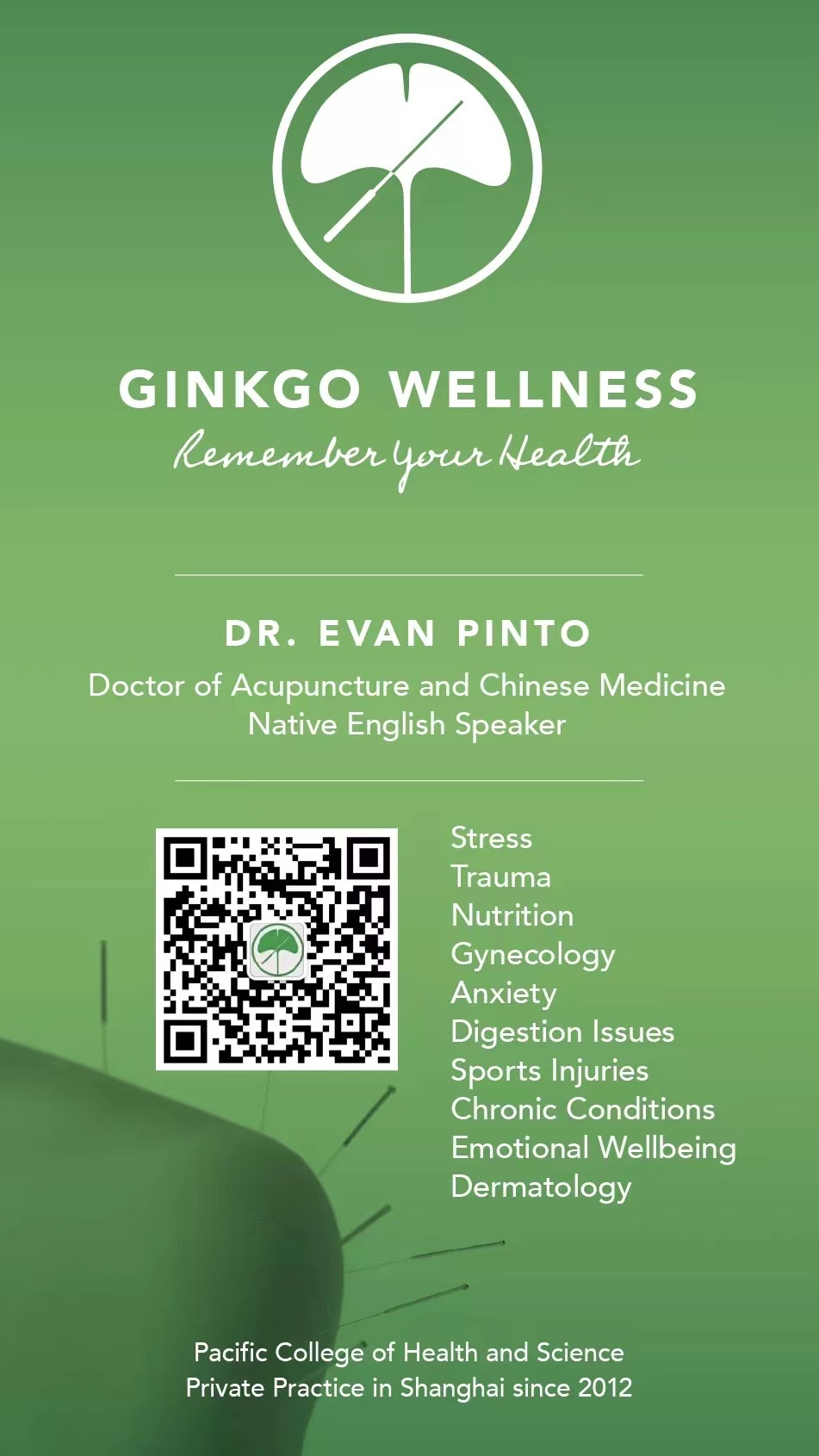
[All images courtesy of Dr. Evan Pinto]
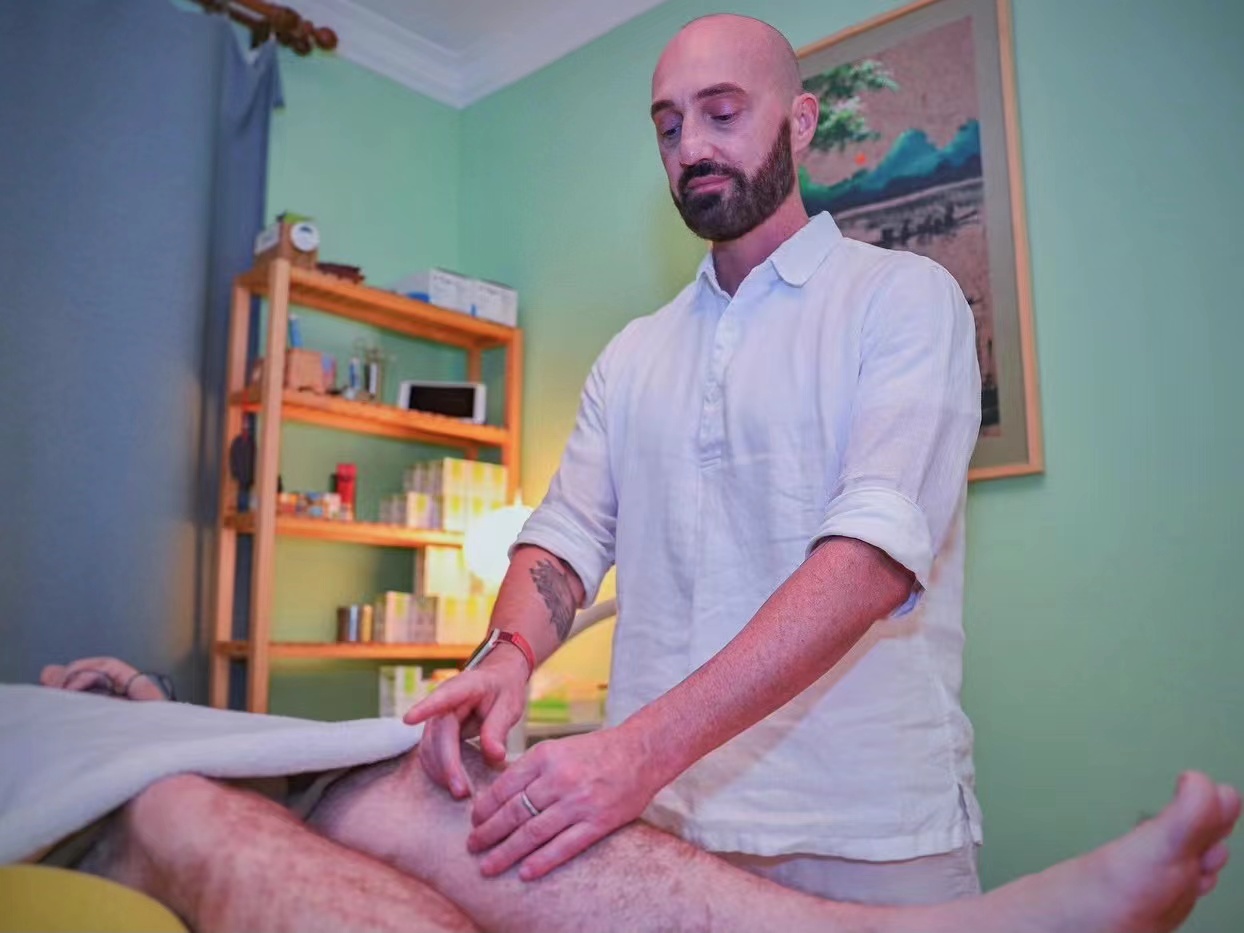



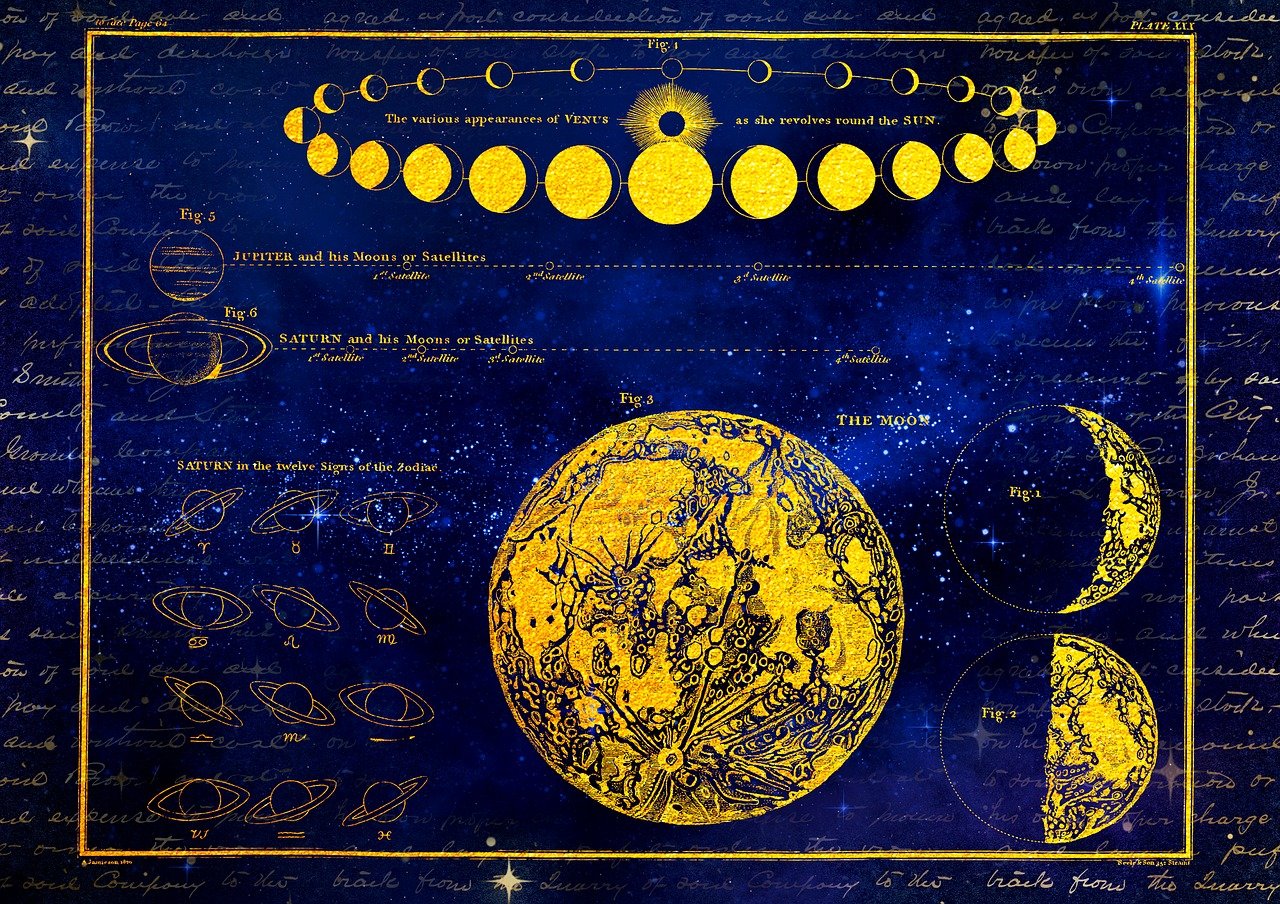
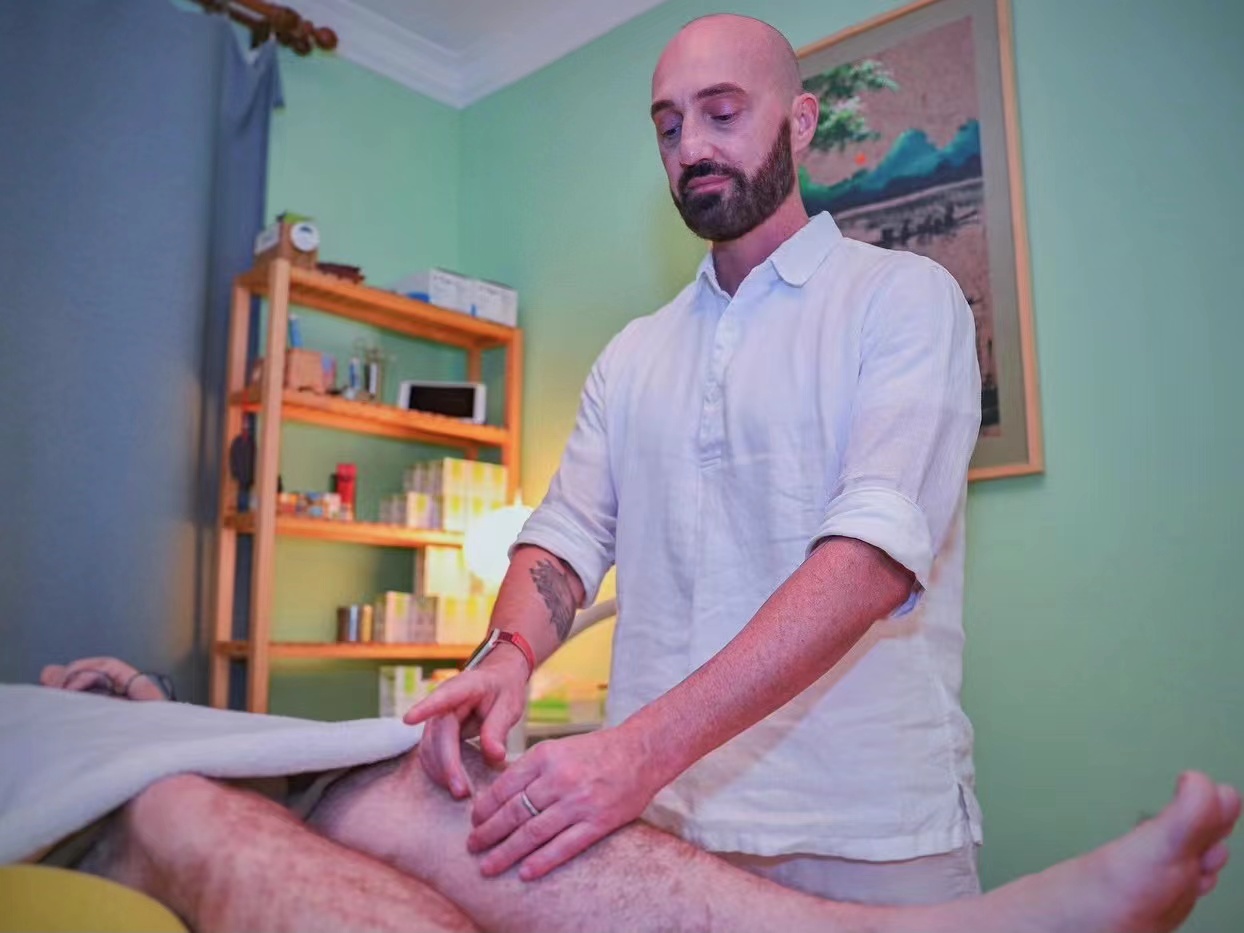
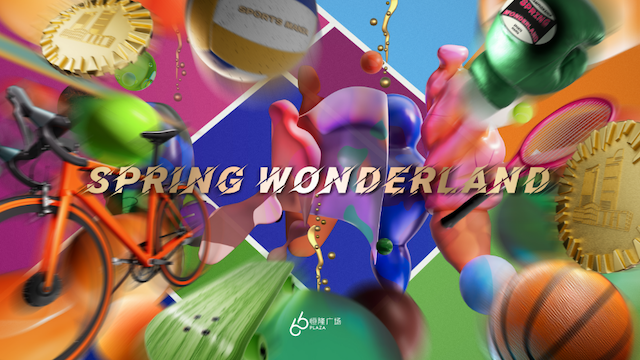














0 User Comments